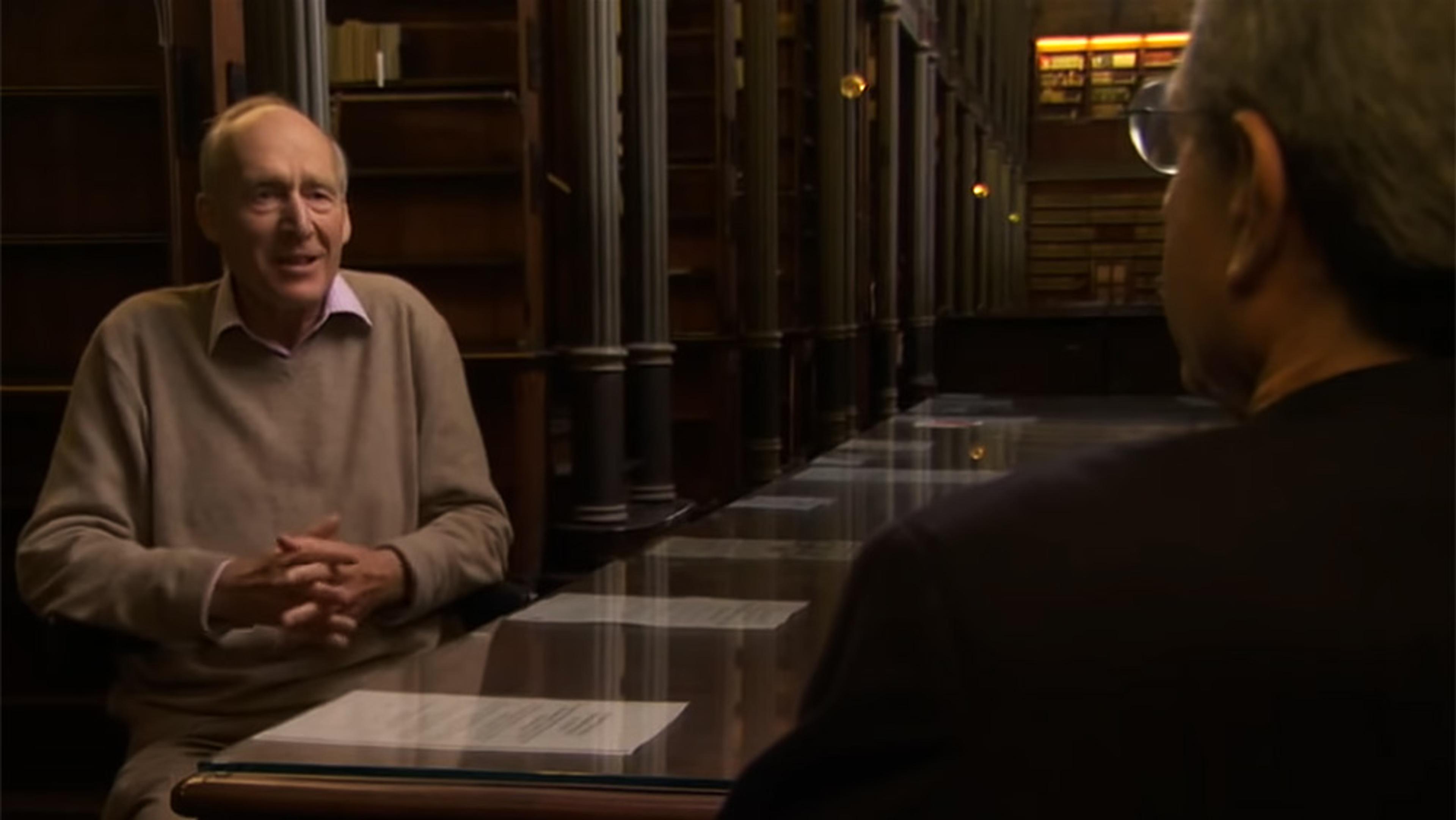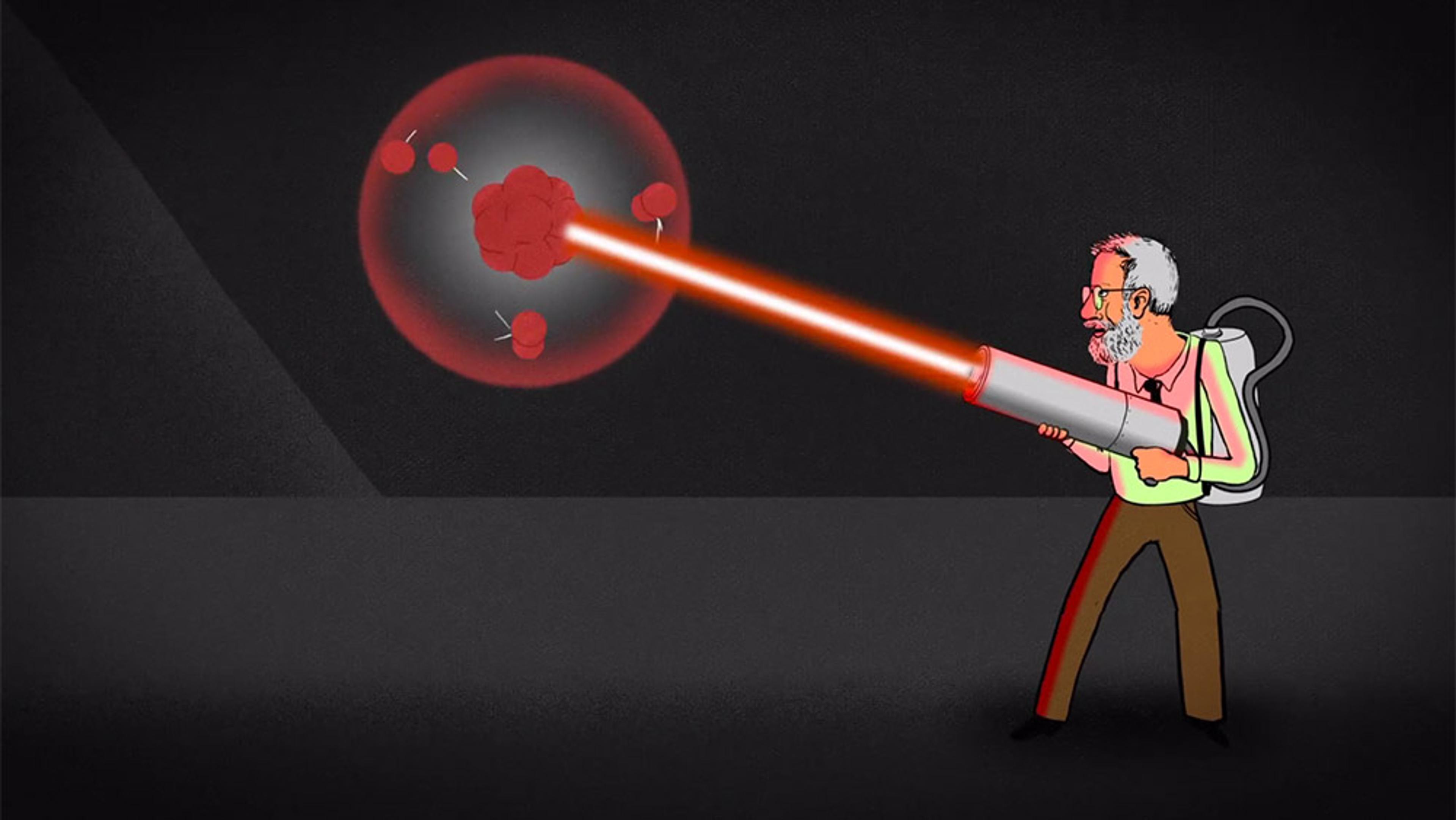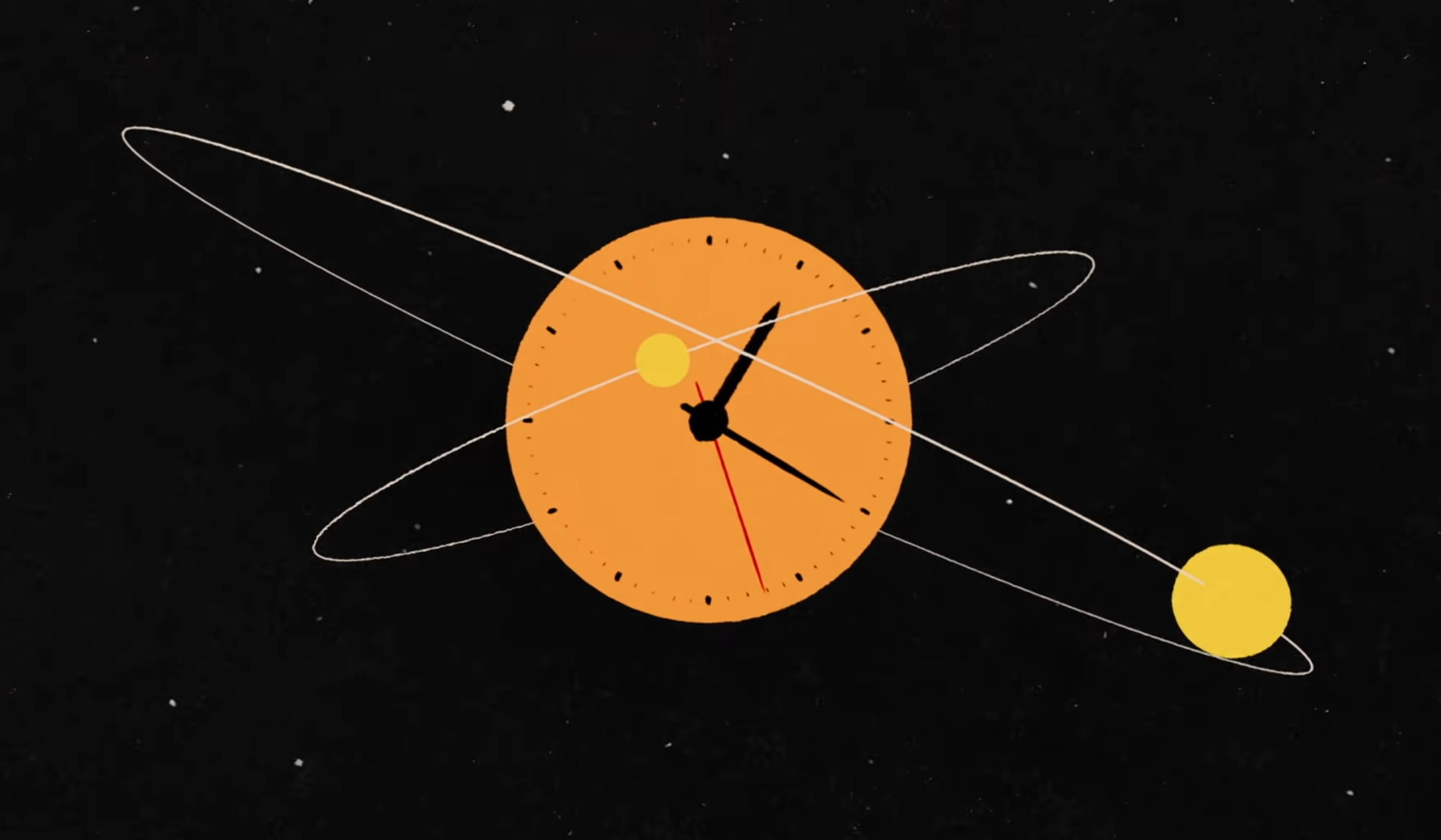For the vast majority of human history, we’ve relied on the Sun to tell time – a reliably unreliable method, given the body’s tendency to disappear behind clouds and the horizon. This animation from the YouTube channel Deconstructed explores how, as ancient civilisations began to need more reliable timekeeping mechanisms, the technology took an extraordinary leap forward with the advent of dependable water clocks, which would remain the best technology available for the next 1,800 years. In particular, the video focuses on the engineering brilliance of a Greek inventor in Alexandria named Ctesibius who, in the 3rd century BCE, solved several mechanical riddles that had previously made water clocks’ measurements woefully imprecise. Through its detailed breakdown, the video makes the case that, more than just a major innovation in timekeeping, Ctesibius’s water clock was one of the world’s first automatically operating machines.

videoHistory of ideas
From sky charts to atomic clocks, time is a mysterious story that humans keep inventing
8 minutes

videoPhysics
How ticking atoms keep ultra-precise time for globe-connecting technologies
2 minutes

videoAstronomy
The remarkable innovations inspired by our need to know the night sky
5 minutes

videoHistory of science
How an ancient polymath first calculated Earth’s size, as told by Carl Sagan
7 minutes

videoHistory of science
Ideas ‘of pure genius’ – how astronomers have measured the Universe across history
29 minutes

videoChemistry
There was nothing quick about how we arrived at the standardised second
6 minutes

videoEngineering
From simple motors to levitating trains – how design shapes innovation
24 minutes

videoHistory of science
A chess-playing machine hoax that beat the best and helped inspire the computer
10 minutes

videoArchaeology
How researchers finally solved the puzzle of the oldest known map of the world
18 minutes